Good Day! We were asked to contribute something to the DNCA Newsletter. As REALTORS®, the subject was easy, Things to do to help protect your largest financial asset, your home.
The Majority of Dunwoody North homes were built in the 1960's. With age comes a need for maintenance. There's no Medicare coverage on the way for well-checks, scanning machines to examine what's going on or pharmaceuticals to help or cure a diagnosis. In other words, our aging homes need us, a favorite contractor and or DYI family members to keep them healthy, so they can continue to provide contentment and comfort moving forward. We hope our To Do list is helpful and provides insight for years to come as you continue to live in our wonderful community.
Outdoors
Roof - What to do:
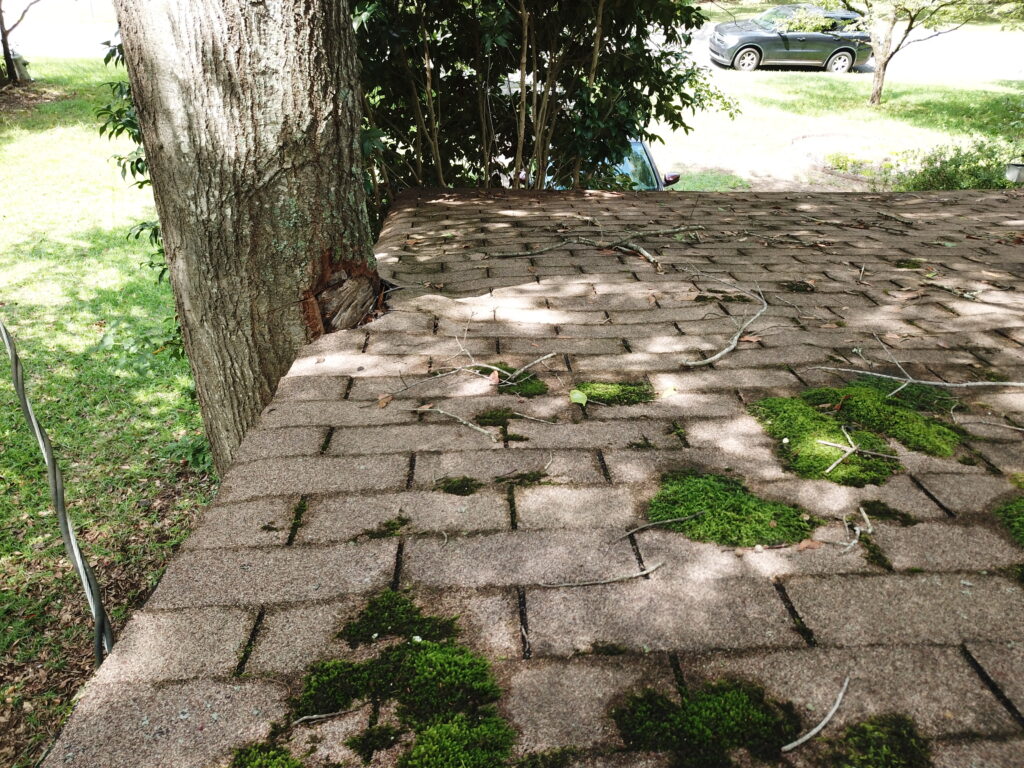
Check the roof for any damage that may have occurred during any major storm. (Call in a professional to do this.) Look for signs of damage, such as missing, worn or damaged shingles, while inspecting the roof from the ground.
Gutters - What to do:
At a minimum, clean gutters once a year by removing large debris that may be blocking the flow of water towards the downspouts. Flush gutters with a hose starting at the end furthest from the downspouts, making sure downspout drains are positioned away from the foundation.
Siding - What to do:
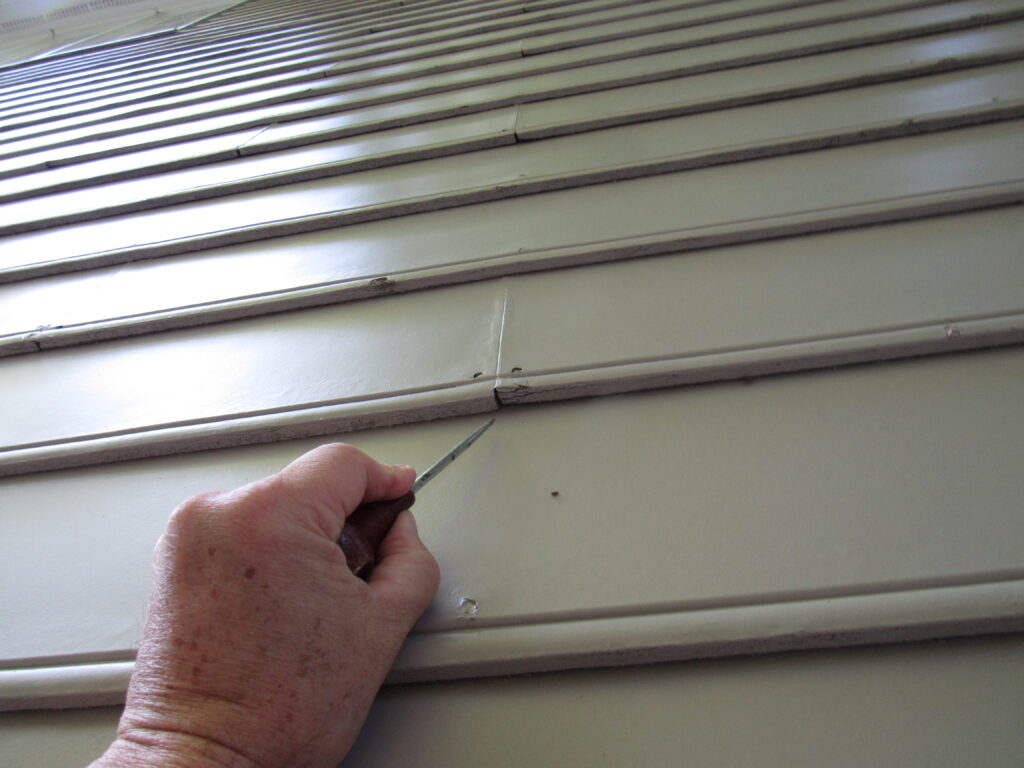
Walk around the perimeter of the home each season to look for signs of deterioration, such as rotting, peeling paint and damaged siding, sills or soffits. Repair damaged areas right away, as these materials help protect your home from weather, water intrusion and pests. Not addressing these issues could lead to rot and damage to structural framing.
Trim trees - What to do:
Do a quick walkthrough to remove branches touching or overhanging near or on a roof. Trim trees that are encroaching or overhanging near gutters or roof lines to help prevent damage. With a hand saw or trimmers, work through the branches to remove anything that doesn’t look completely stable. Also, remove any vegetation touching the sides of a home and remove dead or dying vegetation within 30 feet of a home. Consider hiring a professional to remove overhanging limbs.
Foundation - What to do:
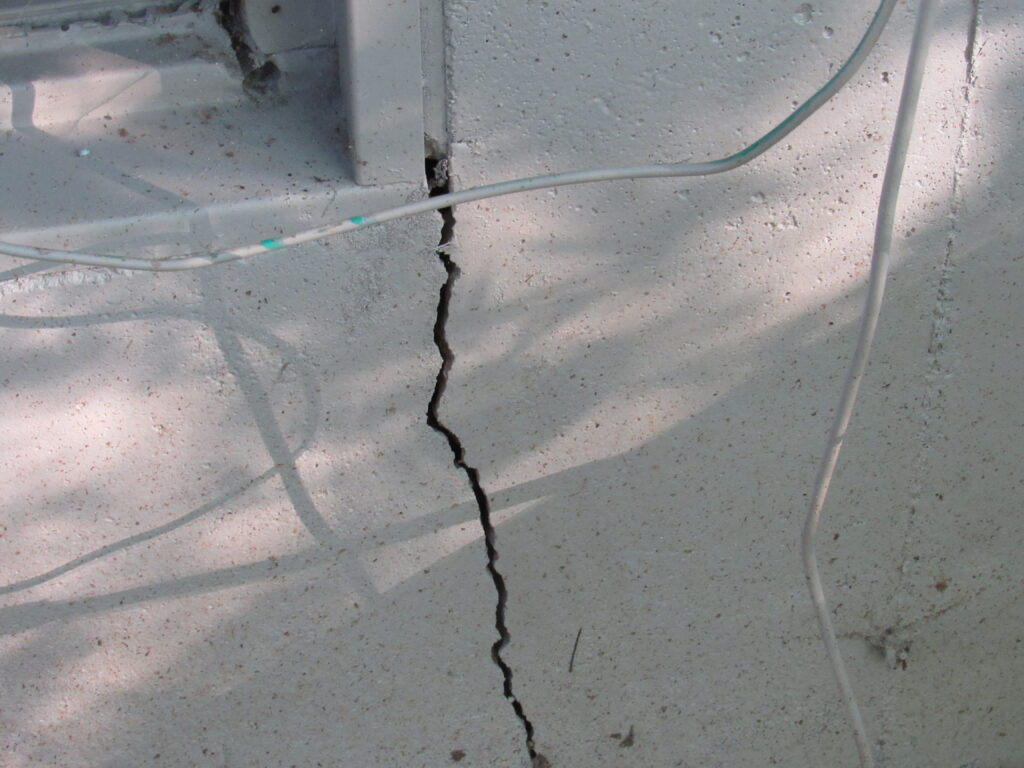
Check for cracks that are larger than one-eighth of an inch in width (the thickness of 2 pennies) or actively getting bigger. To help identify movement, monitor a crack over time by placing a piece of masking tape over it and seeing if it shifts. Consult a foundation expert when serious damage is identified.
Indoors
Plumbing - What to do:
A quick walk around every three months will help catch the earliest signs of plumbing issues. To keep drains clog-free, pour a cup of white distilled vinegar down them a couple of times a month. Let the vinegar sit for 30 to 45 minutes, then flush with cold water. When deep-cleaning the kitchen drains, don’t forget the garbage disposal. Disconnect the unit’s power, throw on a pair of rubber gloves and wipe down the unit with cleanser until debris is removed.
Water heater - What to do:
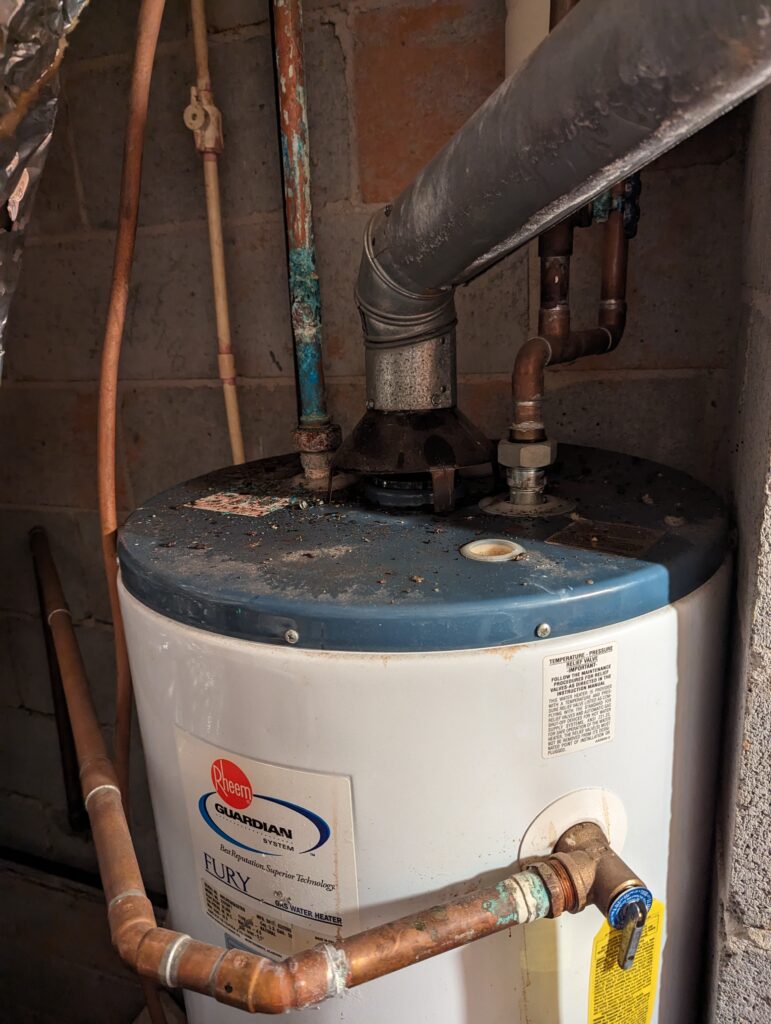
Flush a hot water heater annually to prevent sediment buildup. Begin by draining whatever water is left in the tank (don't forget your bucket). Then, stir up the sediment at the bottom of the tank by opening the cold-water supply valve briefly. Keep repeating this process until the water comes out clean from the hose. Look under water supply and drain lines for signs of corrosion and repair damage. Pipe corrosion can also hurt the efficiency of hot water heaters and cause premature failure.
Stove and vents hoods - What to do:
The buildup of cooking oils and grease that occurs on a stove hood over time makes cooking the leading cause of all home fires, according to the United States Fire Administration. Clean vent screens every three months to help prevent grease fires and prolong the life of the vent fan. Remove the filter from the range hood and wash in warm soapy water to remove grease buildup. Clean ignition sources (gas) every three months, and have a technician tune-up your range annually.
Refrigerator - What to do:
Dust and dirt can reduce performance and increase energy bills. Vacuum or clean under and behind your refrigerator twice a year to help maintain peak performance.
Electrical system - What to do:
If the power is out in a home, check if the breaker is out of line. If so, switch it to the “off” position, and then switch it to the “on” position. Keep the electrical box cover shut, and check every three months for signs of rust, moisture and dirt.
Dryer vent - What to do:
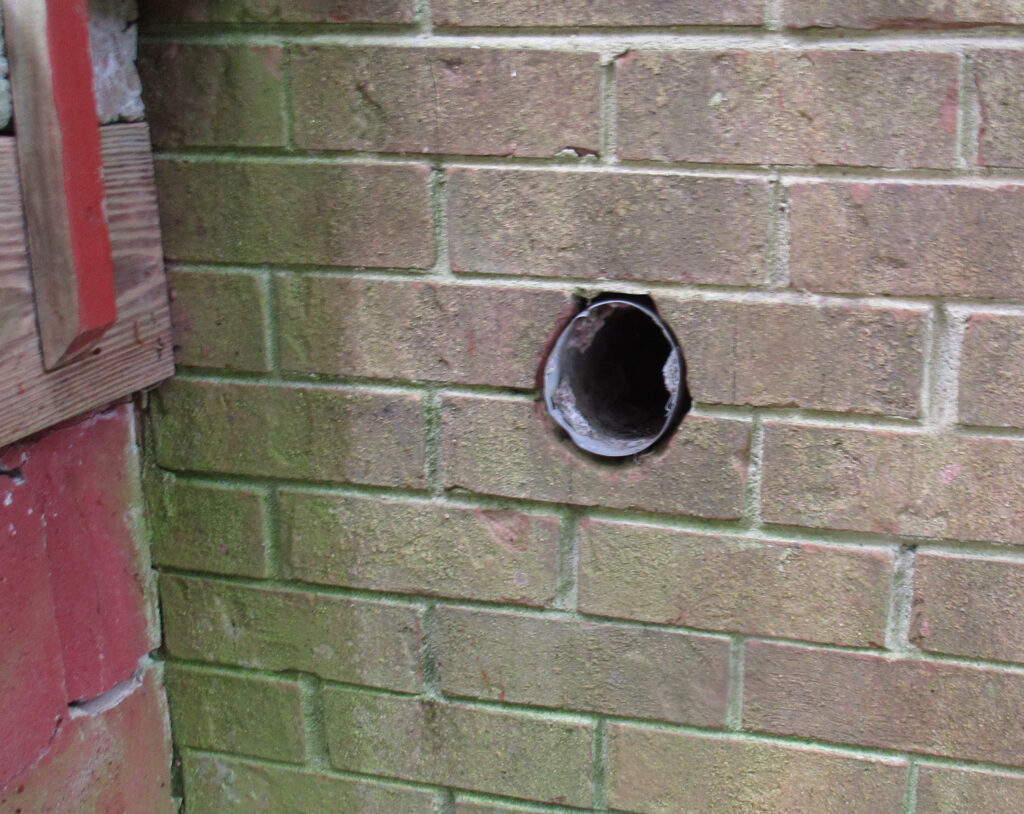
The leading cause of home fires involving the dryer is dust, fiber or lint buildup in the dryer exhaust vent, according to the National Fire Protection Association. Remove the excess heat, moisture and lint that comes from the drying cycle. Clean vents at least once a year to help reduce the chance of house fires and improve energy efficiency.
HVAC - What to do:
Help improve the air quality inside of a home and use less energy by changing the HVAC filter every 30 to 90 days, depending on your unit. Schedule a bi-annual tune-up to help ensure you are not stuck without heat or cool air.
Two-Thirds of homeowners who experienced a repair issue admit the repair could have been prevented had there been pro-active maintenance. Further, 67% say unexpected home issues have affected their mental health, and 63% say the problems have affected their relationships.
Information acquired from REALTOR.ORG & HIPPO
a home insurance group
Story by: Vicky and Robert Pasmanick, Dunwoody North residents and licensed REALTORS®
Photos courtesy of: Mark Caffiers of D.S. Murphy Inspections

